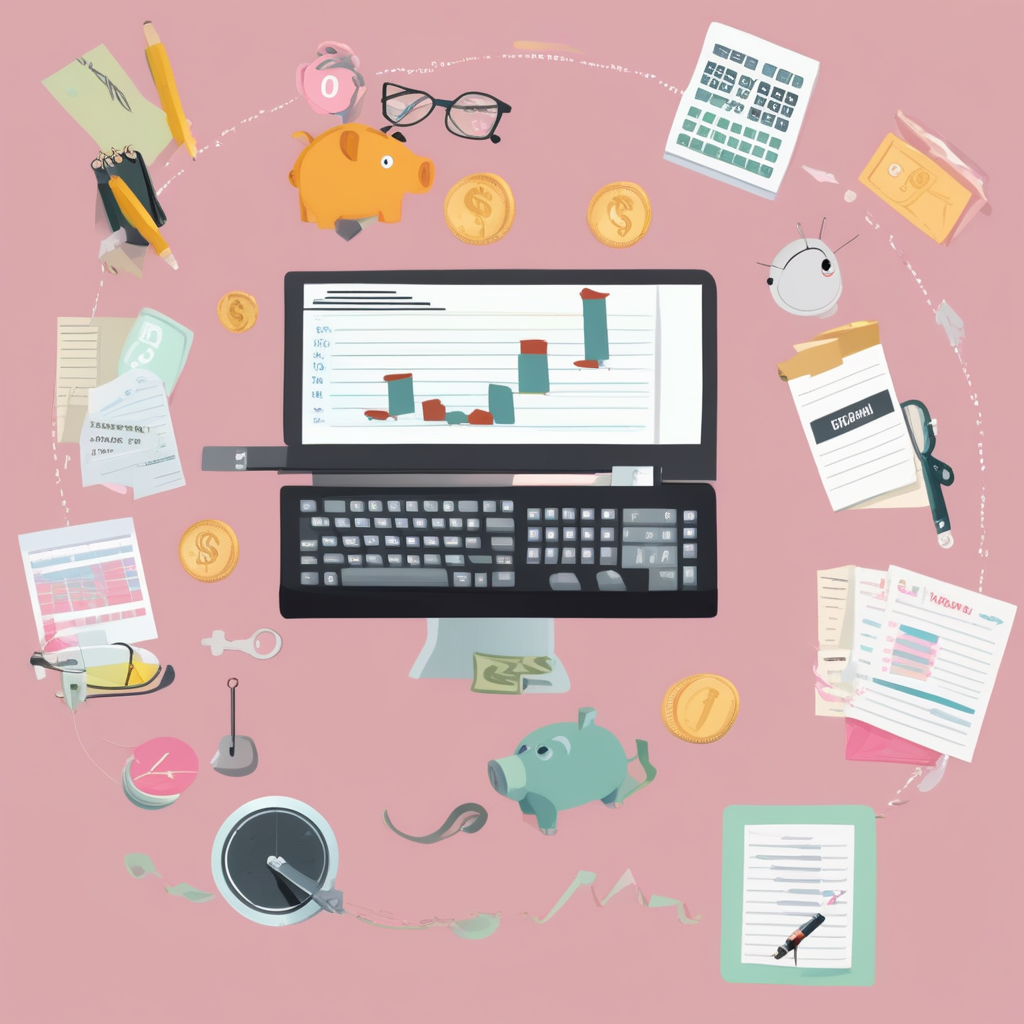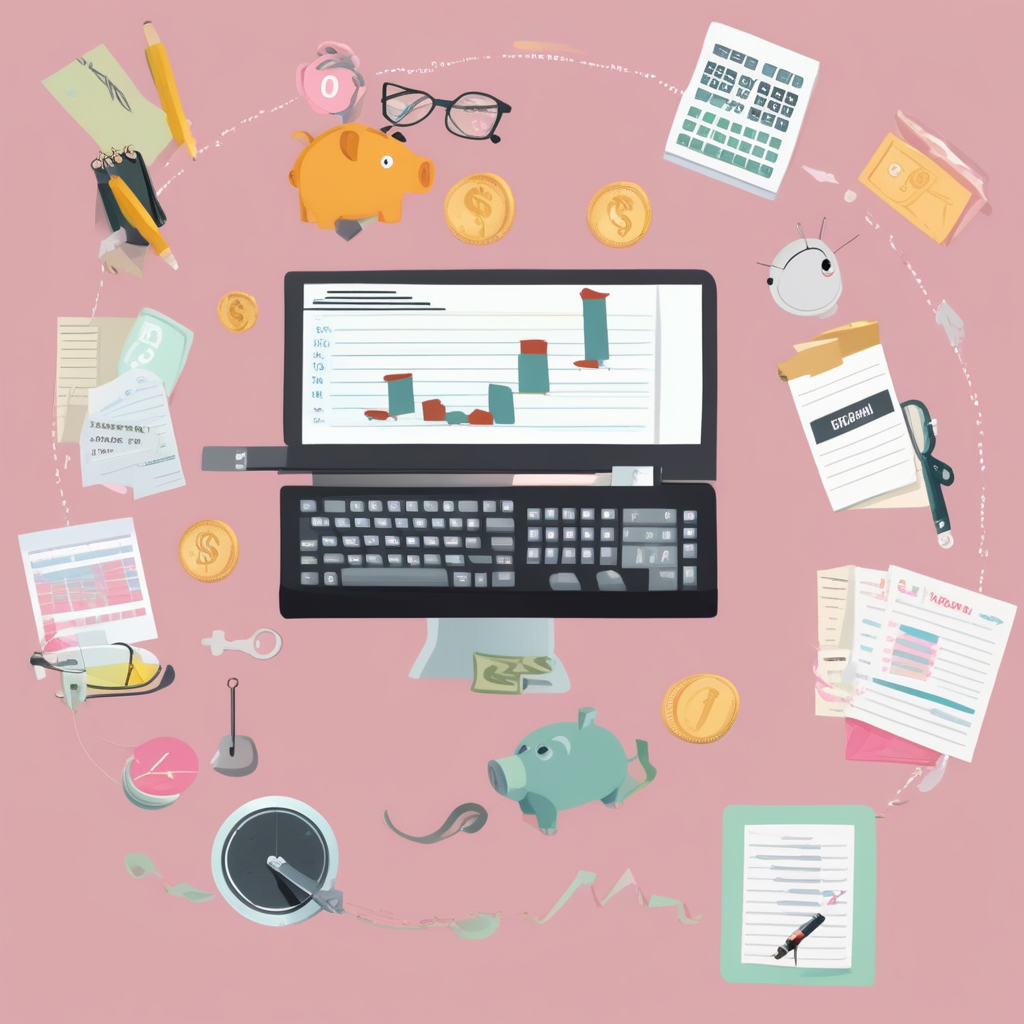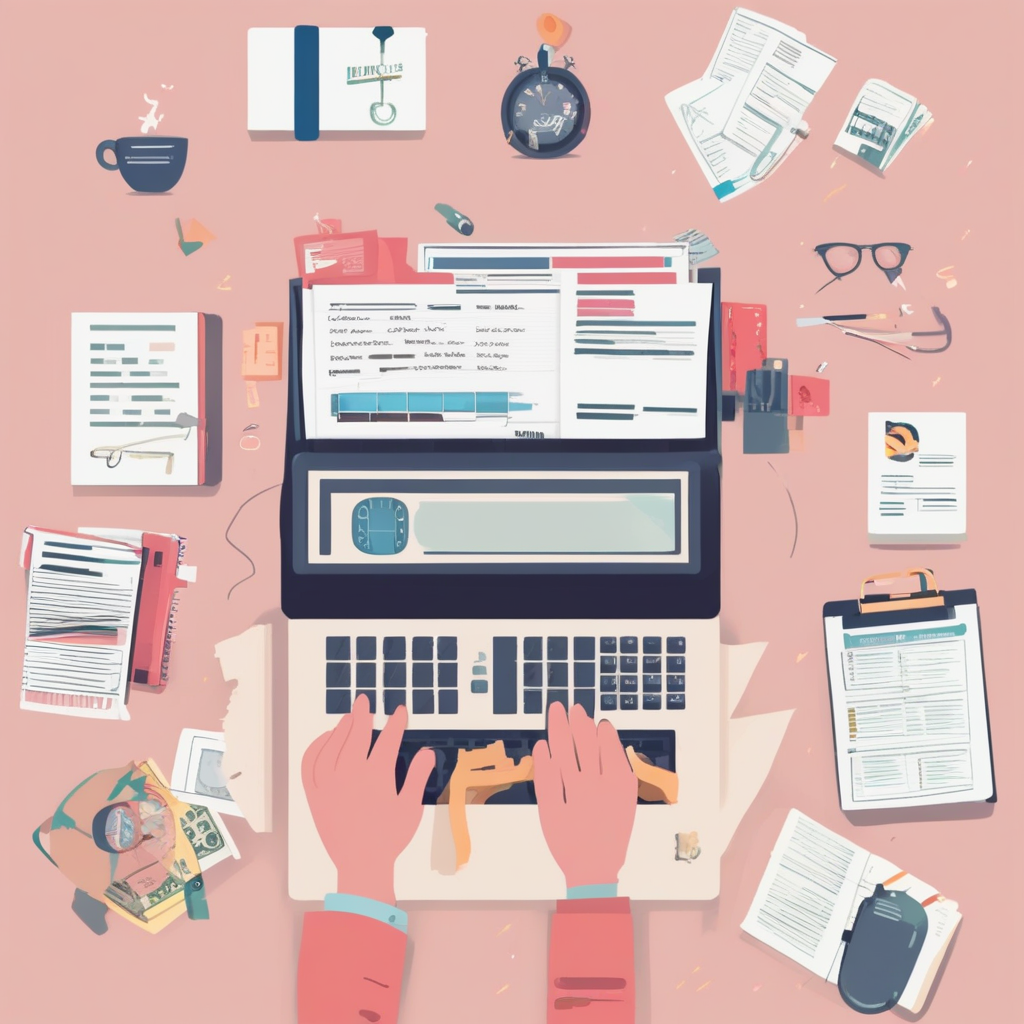Introduction
Hey there! Are you ready to learn how to handle your money like a pro? Personal finance might sound like a big, boring topic, but it’s actually super cool and important. Whether you’re saving up for a new toy, planning for a special treat, or just trying to understand where your allowance goes, knowing how to manage your money is key. Let’s dive into some awesome tips that will help you become a money master in no time. [ Full Stop (.)]
We’ll explore everything from saving and budgeting to investing and planning for the future. Ready to get started? Let’s go!
What Is Personal Finance?
Personal finance is all about managing your money. It’s like having a superhero toolkit that helps you take care of your cash. This means knowing how to save, spend wisely, and plan for the future. Personal finance is important because it helps you achieve your goals, whether it’s buying something special or saving up for something big. [ Full Stop (.)]
Understanding personal finance also helps you make smart choices about how to use your money. You’ll be able to set goals, make plans, and see how your money works for you. How cool is that?
Key Features of Personal Finance

Here’s a quick look at some key features of personal finance:
| Feature | Description |
|---|---|
| Budgeting | Planning how to spend your money wisely so you don’t run out. |
| Saving | Setting aside some money now so you have more later for things you really want. |
| Investing | Using your money to make more money over time. |
| Debt Management | Handling any money you owe in a smart way so you don’t end up with too much debt. |
| Financial Goals | Setting targets for how you want to use and save your money. |
| Emergency Fund | Saving money for unexpected situations, like losing a toy or a surprise expense. |
| Retirement Planning | Thinking about how you’ll save for the future when you’re older and not working anymore. |
| Money Management | Keeping track of where your money goes and making sure you’re using it in the best way. |
Budgeting Basics
What Is Budgeting?
Budgeting is like making a plan for how you’ll use your money. Imagine you have $10, and you want to buy a toy that costs $5. [ Full Stop (.)]
If you budget, you might decide to spend $5 on the toy and save $5 for later. Budgeting helps you decide how much to spend and how much to save so you don’t run out of money.
How to Create a Budget
Creating a budget is easy! Here’s how you can do it:
- Know How Much Money You Have: Check how much money you have right now.
- Set Your Goals: Decide what you want to save for or buy.
- Plan Your Spending: Write down how much money you want to spend on different things.
- Track Your Spending: Keep track of what you spend to make sure you’re sticking to your budget.
Tips for Sticking to Your Budget
- Be Realistic: Don’t set goals that are too high. It’s okay to start small.
- Keep Track: Use a notebook or an app to track your spending.
- Save a Little: Try to save a small amount of money each week.
Saving Smart

Why Is Saving Important?
Saving is like putting money in a piggy bank for later. It’s important because it helps you prepare for future needs or wants. [ Full Stop (.)]
When you save, you can buy bigger things or handle emergencies better. Plus, saving can be really exciting because you’re watching your money grow!
How to Save Money
Here are some simple ways to save money:
- Set Up a Savings Goal: Decide what you’re saving for and how much you need.
- Put Money Aside Regularly: Every time you get money, save a little bit of it.
- Avoid Impulse Buying: Think carefully before buying something. Do you really need it?
Fun Ways to Save
- Use a Savings Jar: Decorate a jar and put your savings in it. Watch it fill up!
- Save Your Coins: Put spare change into a special jar for extra savings.
Investing Basics
What Is Investing?
Investing means using your money to make more money over time. It’s like planting a seed and watching it grow into a big tree. [ Full Stop (.)]
Investing can help you build your savings faster, but it’s important to understand how it works.
Simple Ways to Invest
- Buy a Savings Bond: A savings bond is a safe way to invest and earn a bit of extra money.
- Start with a Piggy Bank: You can start investing by saving in a piggy bank and later use it to invest in bigger things.
Tips for Smart Investing
- Start Small: Begin with a small amount of money.
- Learn About It: Read books or ask adults to learn more about investing.
Debt Management
What Is Debt?
Debt is money that you borrow and need to pay back. It’s like borrowing a toy from a friend and returning it later. [ Full Stop (.)]
It’s important to manage debt carefully so you don’t end up with too much to repay.
How to Manage Debt
- Borrow Wisely: Only borrow money if you really need it.
- Pay on Time: Always try to repay what you owe on time.
- Avoid Too Much Debt: Don’t borrow more than you can handle.
Tips for Avoiding Debt
- Plan Your Spending: Use a budget to avoid borrowing money.
- Save Up: Save for things you want instead of borrowing.
Setting Financial Goals
What Are Financial Goals?
Financial goals are things you want to achieve with your money. They can be short-term (like buying a toy) or long-term (like saving for a big trip). [ Full Stop (.)]
Setting goals helps you stay focused and motivated.
How to Set Goals
- Decide What You Want: Think about what you want to save for.
- Make a Plan: Create a plan to reach your goal.
- Track Your Progress: Check how you’re doing and make changes if needed.
Fun Goal Ideas
- Create a Savings Chart: Draw a chart to track your savings progress.
- Set a Challenge: Challenge yourself to save a certain amount each month.
Emergency Funds
Why Have an Emergency Fund?
An emergency fund is money set aside for unexpected situations. It’s like having a backup plan for when things don’t go as expected. [ Full Stop (.)]
Having an emergency fund helps you feel prepared and less stressed.
How to Build an Emergency Fund
- Save Regularly: Set aside a small amount of money each week.
- Keep It Separate: Put your emergency fund in a different place from your regular savings.
- Use It Wisely: Only use your emergency fund for real emergencies.
Fun Ways to Save for Emergencies
- Use a Special Jar: Label a jar for emergencies and add money to it.
- Create a Savings Goal: Set a goal for how much you want to save for emergencies.
Retirement Planning

What Is Retirement?
Retirement is when you stop working and start enjoying your free time. It’s important to plan ahead so you have money to live comfortably when you’re older. [ Full Stop (.)]
Even though retirement seems far away, it’s good to start planning early.
How to Plan for Retirement
- Start Saving Early: The earlier you start saving, the more you’ll have later.
- Think About Your Needs: Consider what you might need when you retire.
- Save Regularly: Set aside money regularly for your retirement fund.
Fun Ways to Plan for Retirement
- Create a Retirement Jar: Decorate a jar and save money for your future.
- Set a Retirement Goal: Decide how much you want to save for retirement.
FAQs
1. What is personal finance?
Personal finance is how you manage your money. It includes saving, spending, investing, and planning for your future. [ Full Stop (.)]
It helps you make smart choices about your money.
2. How can I start budgeting?
Start by figuring out how much money you have and what you want to spend it on. [ Full Stop (.)]
Then, make a plan and keep track of your spending to stay on budget.
3. Why is saving money important?
Saving money helps you prepare for future needs and goals. [ Full Stop (.)]
It can also help you handle unexpected expenses and make your money grow.
4. What is investing?
Investing is using your money to make more money over time. [ Full Stop (.)]
It’s like planting a seed and watching it grow into something bigger.
5. How do I manage debt?
Manage debt by borrowing wisely, paying back on time, and avoiding too much debt. [ Full Stop (.)]
It’s important to handle debt carefully so it doesn’t become overwhelming.
Conclusion
Congratulations! You’ve just learned some super cool personal finance tips. [ Full Stop (.)]
By budgeting, saving, investing, and planning, you’re on your way to becoming a money master. Remember, it’s all about making smart choices and having fun while learning.
Keep practicing these tips, and you’ll be ready to handle your money like a pro. Keep up the great work, and happy money managing!

